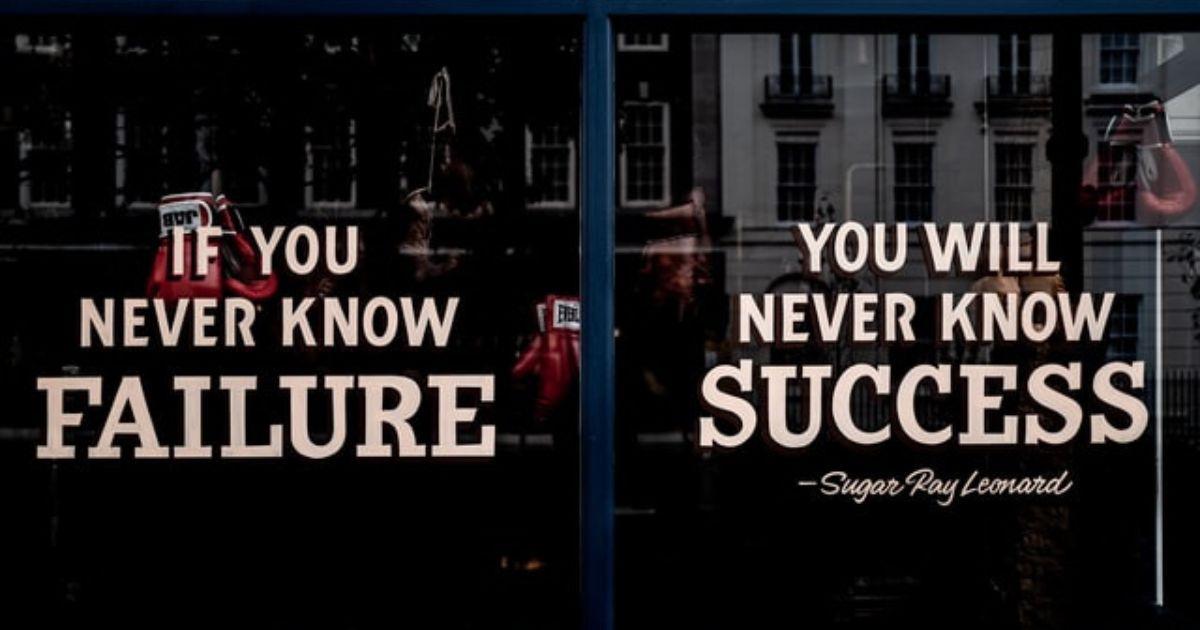
Sales is unique because the languages and expectations are different from company to company. We even see varied techniques and processes between people on the same team, which makes the job very difficult to track and manage. However, there are key sales metrics that every business should track, no matter what.
The Most Important Sales Metrics of a New Business
When starting a small company, most founders have to be the salespeople, too. Fairly quickly, they begin to see value in several different things that can happen during their sales calls:
- A quick, time-saving no from an unqualified or not ready prospect,
- Disqualifying a prospect who would end up being a bad fit,
- Or closing a deal.
Over time, the company (hopefully!) scales, and founders have too much on their plate to continue making those sales calls. So, they hire a salesperson.
Should Those Metrics Shift When You Hire Salespeople?
When founders hire a new salesperson, they shift and start looking at only one metric: conversion.
Of course, closed deals were vital when they handled calls, but the other values listed above were just as important. They saved the founder time from chasing clients who were never going to close. Or they saved them from taking on a client who would either be a pain to work with or wouldn’t be happy with the results they received. Plus, not taking on an unqualified client frees up more bandwidth for a great client.
Unfortunately, for several reasons, the focus shifts when you hand over the task of taking those sales calls to somebody else. Because listening to every conversation is impossible, you start to only care about how many sales they close.
But those other metrics should still be just as important when scaling sales beyond yourself.
The new salesperson does not have the benefit of knowing what it was like dealing with that last client who was a bad fit; they weren’t around for it. So when a new prospect displays indicators that they might be trouble, your salesperson doesn’t see it.
Then the fulfillment side of the house has to deal with another unqualified client. So they blame the salesperson and break out the pitchforks.
Potentially even worse, your salespeople chase prospects left and right because the close is so important. They might win some, but they are probably wasting more time chasing than they should. Eventually, they burn out, and the founder has to start all over with somebody new.
These problems are not the salespeople’s fault; they’re actually the founder’s.

Closed Deals Aren’t the Only Data Point
Most founders and owners don’t do a good enough job explaining how important qualifications and values are to new salespeople. That is problematic enough, but we are dealing with another problem.
Holding them to a single data point doesn’t make sense because great selling is about so much more than just closing a deal.
If you’re in a relationship-based industry, you want clients who will stick around and who you’re excited to work with. Also, referrals are vital in many companies, and working with the right people leads to the best referrals.
Therefore, the sales metrics you should be looking at, in addition to their quota, are the number and quality of conversations your salespeople have. In short, look at how they’re spending their time.
There will always be a volume approach to sales, but those who crush sales goals don’t waste time endlessly chasing people into a yes. Instead, they spend a lot of energy forming relationships with qualified prospects and helping unqualified ones find another solution, if possible.
Of course, this is only possible when a salesperson knows how to uncover the level of fit in their prospects.
Developing a Process for Measuring Success
First, develop a standard or process for disqualifying unfit clients. Think about your company’s standards, fulfillment process, and values, and develop questions related to them that salespeople can ask.
For example, say you simply cannot deliver your service for less than $10,000. Identify ways your salespeople can discuss budget, investment, and the value of your offer through questions. Instruct them that uncovering their pain and how it’s impacting them makes the budget discussion even easier. (And remember to teach them that leading the conversation with open-ended questions rather than their pitch improves their chances of closing the deal and building a strong professional relationship.)
If you haven’t yet identified your company’s standards or values, think about the best client you’ve ever had. What made working with them so great? Work backward from there to figure out who you can’t help or wouldn’t want to work with.
Next, make sure that you can communicate and document the questions and talking points your salespeople need to find the best clients. These become vital steps in the sales process, and recording them ensures proper training and adoption.
Then, start assessing the quality of each sales conversation, regardless of the result. Grade your salespeople on the quality of the call, not whether the prospect said yes.
Those key sales metrics help create an environment that allows them to see the value in bringing in the right clients, keeping the bad ones away, and managing their sales pipeline well.

Approachable Sales Metrics Create a Happier Workplace
You want your salespeople to thrive just as much as your business to grow.
Looking at these important sales metrics and having a process around them will make hiring new salespeople easier. They’ll know what you expect and how to get there. Every salesperson will have the same rule book to follow, which makes tracking their data much more manageable.
It’s about standardizing and holding everybody to the same realistic expectations.
But even more than that, creating a company culture that empowers salespeople to wait for good clients makes everybody’s lives easier.
The fulfillment side of your business will have an easier time with the right clients, and the salespeople won’t have the pressure of always having to close, close, close.
Finally, you can trust that everybody is on the same page about what the best sales metrics are for your whole business.
Header Photo by Isaac Smith on Unsplash








